What Does It Mean to You?
One reason I decided to switch my writing career to core SEO was frequent altercations with SEO teammates. In a way, the hate for SEO made me learn more about it.
The truth is, I would have loved Google even more if they had launched the Helpful Content Algorithm Update a decade back.
Here’s why. Skip this part if you’re short of time to read.
In my first job as a content writer, I was asked to create 100 different versions of the same blog and I literally did ALL 50 of them.
I actually hate GPT3 and other AI-based content softwares for not being there for me during those days. I pretty much did the same job they do now back then.
However, my association with that company lasted just 3 months and that too after an SEO teammate told me this is what I would do for the rest of my time in the company. They were publishing rephrased articles on multiple websites as guest posts.
But that wasn’t the end. In my next job as an online news sub-editor, I again had heated conversations with the SEO team whenever they forced keywords into my articles without consent.
My creativity and research had little value in their eyes, and all they looked for was the keyword density and whether I had covered everything the competitors had.
Grammatically incorrect keywords were added within the title and headings. They sometimes suggested adding sub-topics to match up with the competitors. In contrast, I had already covered it within the content but using a slightly different H2 and the content was enriched with value additions that the competitors didn’t have.
Back in those days, Google used to show the Author’s name and mug shot in search results, which made me even more furious because my reputation as a writer was at stake.
I hated them for doing it, but I decided to stay put. As someone with just a few months’ experience, your suggestions are expected to be looked down upon, at least initially.
This was the same time I became a fan of Rand Fishkin’s SEO Moz (Now Moz). The SEO knowledge I gained helped me come up with a repartee every time the SEO team came up with lame suggestions.
Over time, the top management listened to what I had to say, and over time, the site saw an incremental increase in traffic and even got into Google News.
My association with this news portal lasted for five years; by the time I left, I was their SEO/Social Media Editor.
In fact, what shaped up my SEO career was the initial hate I had for it.
But over time, I learned that SEO, in general, wasn’t the culprit but the practitioners who imposed upon writers tactics that both Google and users ridicule were actually making it look so.
So why the long monologue?
The truth is most writers are told to do certain things by inexperienced and half-cooked SEOs that make the content robotic and not user-friendly.
With the upcoming Google update christened “Helpful Content Update,” I hope Google is trying to address this issue, and any writer out there who intends to provide more value to the readers will score big.
On the flip side, SEOs who come up with lame suggestions like improving keyword density, content rephrasing and scraping content from competitors will definitely have a tough time.
Why is Google Launching Helpful Content Update
We know for certain that Google is working round the clock to make the search engine better. This is 100% true because a majority of its revenue is dependent on the user’s happiness with the search results it provides organically.
Google’s Revenue By Segment
| Segment | Revenue in Q1 2020 | Revenue in Q1 2021 | YoY Growth % | Revenue share in Q1 2021 |
| Google Cloud | $2.77 | $4.05 | 46.20% | 7.32% |
| Google Network | $5.22 | $6.80 | 30.26% | 12.29% |
| Google Other | $4.43 | $6.49 | 46.50% | 11.73% |
| Google Search & Other | $24.50 | $31.88 | 30.11% | 57.64% |
| Hedging gains/losses | $0.05 | $-0.11 | -120% | -0.20% |
| Other Bets | $0.13 | $0.20 | 53.85% | 0.36% |
| YouTube Ads | $4.03 | $6.01 | 49.13% | 10.87% |
| Total Revenue | $41.15 | $55.31 | 34.41% | 100.00% |
(Courtesy of businessquant.com. All figures in billions, except percentage)
Think of this: If more users find the Google results not useful, not many will come back, leading to fewer clicks on ads and a smaller amount spent by advertisers with Google.
Additionally, there are other competitors like Bing, Amazon, DuckDuckgo, and recently TikTok that are looking for ways to increase their share of search users. Currently, Google has 91.46% of the search market share and the next immediate competitor Bing is nowhere near that number.
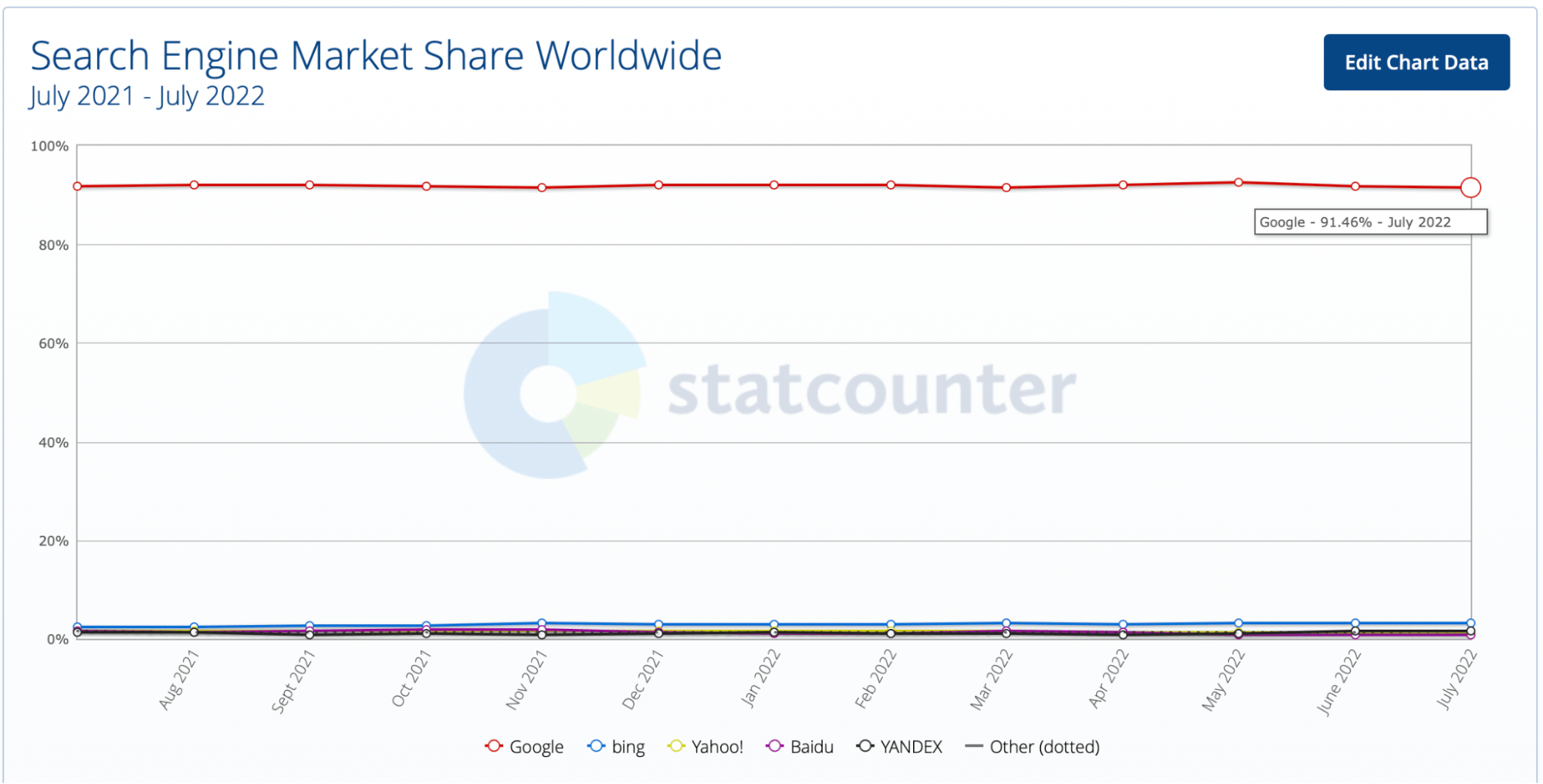
Innovation is something that Google cannot ignore if they want to rule the industry like they do now.
The Helpful Content Update of August is just one of the steps the search giant is taking to make the search more user-centric.
One thing that all website owners have to keep in mind is that Google exists not to rank websites but to provide the best result for the users. Most website owners ask SEOs like us why Google favors the competitors and not them.
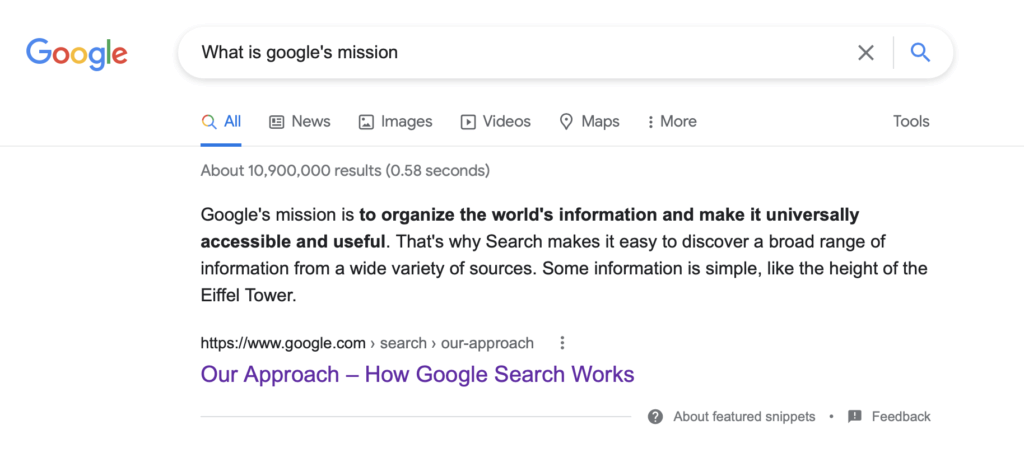
The truth is Google’s algorithms are mostly non-partisan and all that they care about is the satisfaction of the users who access the information provided.
Looking from a user’s perspective, the Helpful Content Update is going to help them find the best content on Google, whereas for websites that survived on SEO gimmicks till now, the honeymoon days are over, and it’s time to pull up the socks.
The message is clear: if you don’t have useful information that’s written by subject matter experts to share with the target audience, Google’s Helpful Content Update is not going to be in your favor.
Additionally, your site’s main purpose and the content you publish should have a high correlation.
That means if you run an insurance website, you cannot rank higher for an article about heart diseases unless your main content is about heart ailments covered under your insurance scheme.
Ask yourself this question: Why should Google rank your content if someone else has published something similar a few months back? If you have a clear answer to this question, don’t be afraid of the Helpful Content Update.
Definition of People-first Content
What’s the emotion that users have when they leave your website? Are they happy, unhappy or do they think they need to find something more to fulfill their search intent?
If the user had a satisfactory experience with the page, that gives Google a high indication that the content is valuable and it meets the expectation of a user for a particular search query.
On the other hand, if the user leaves the website within a few seconds of landing and continues with the same search, it gives Google enough indication that the content is a misfit for the particular search query.

Websites with a high number of pages that fail to satisfy the search intent of the users are going to see a major setback in Google organic traffic. That’s because Google says a website that publishes a lot of unhelpful content will be classified as low quality by default after the Helpful Content Update.
However, Google also says, Helpful Content is just one signal in its armory of ranking factors, and if a few pages within a site perform well in all other aspects, it can still rank higher.
Google, for years, has been telling us to create content to satisfy the search intent of the users and not for bots.
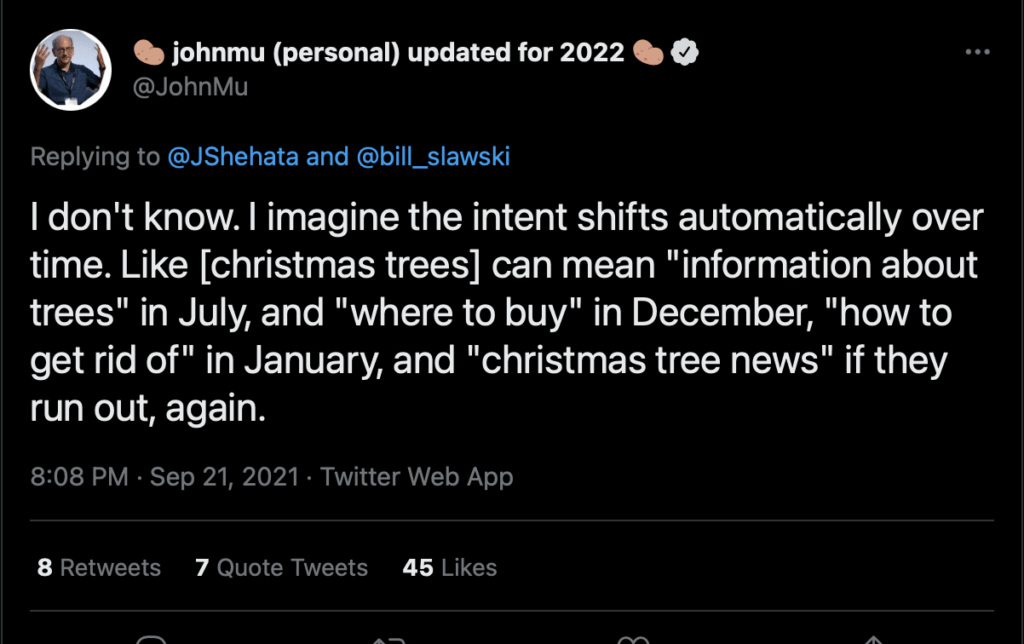
Additionally, a lot of impetus will be given to the content producers and their expertise.
For example, a person who writes about technical SEO with no digital footprint of working with any SEO company or authoring similar or related content will find it difficult to rank the article on Google.
Does This Mean SEO is Dead?
We know SEO practices of the 2000s were effectively dead by the early half of 2010 and fast forward to 2022, SEO has metamorphosed into something never before seen by the practitioners of the 2000’s.
What I mean to say is that the Helpful Content Update isn’t going to kill SEO. It’s going to make it even more important.
In the announcement about the new Google update, the search engine giant has categorically stated that in addition to helpful content, a website should also follow SEO standards to get the maximum result.

When a website combines SEO best practices with ideas behind the Helpful Content Update, it opens up new avenues of possibilities and can greatly increase a website’s search engine rankings.
How to Safeguard Your Website from the Impact of Helpful Content Update?
Of course, the Helpful Content Update is going to be a sitewide update, but that doesn’t mean that it’s going to be as bad as getting a manual action. If you follow a list of actions, your ranking drops can be reversed. Here’s a checklist to help you in case the Helpful Content Update hits you.
Don’t Use AI Auto-Generated Content
There are a lot of websites that take advantage of AI content creation tools that auto-generate content. Not only are those contents unhelpful, but they also lack any additional value and are mostly rephrased versions of text that’s already available on the web.
If you have content written by AI tools published, reevaluate them and see if they make sense. Also, make sure to do proper editing.
Most often, an AI auto-generated content about a very generic topic has high susceptibility to content duplication as the same text may show up for any other people as well.
Update isn’t done. It’s also part of a continuing effort, as we’ve explained. We’ll keep refining how it works. Directionally, the guidance we’ve given is what SEOs and creators should be considering.
— Danny Sullivan (@dannysullivan) August 31, 2022
We suggest you delete the AI content and write something afresh that makes sense to the readers and add some additional value so that the users find it useful.
However, if you’re someone who uses AI tools to improve the quality of the content that you authored, that’s perfectly fine. This is because it’s your content primarily, and the ideas are sometimes conveyed better with the help of the AI tool.
Additionally, that content is unique, unlike the auto-generated ones, as they are not available elsewhere on the internet.
If you read between the lines of the search central blog that Google published, it clearly says, “Are you using extensive automation to produce content on many topics?”
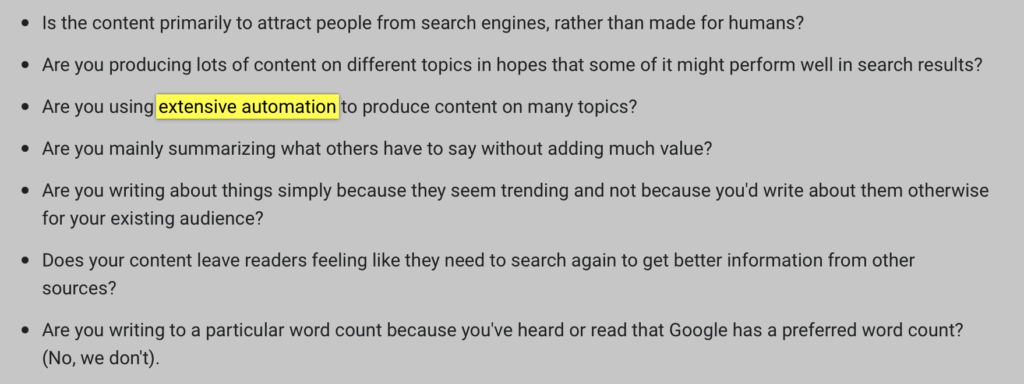
The term extensive has to be stressed here because if the creator uses an AI tool to improve the content further, Google’s Helpful Content Update should be in your favor rather than against you.
Write for a Focus Audience
Your website cannot be a jack of all trades, and with the Helpful Content Update, Google is trying to reiterate this even further.
A website that publishes content about Tech, Health, CBD, Finance, and whatnot mainly exists to generate traffic through whatever means. If that isn’t the case, such websites want to monetize by publishing guest posts, which Google strongly condemns.

The new update is going to put an end to the reign of such websites on the top search results. By the way, I don’t think genuine news websites will feel the heat but sites that still use aggregate and rephrased content may find it hard to surface on top of Google.
It’s strongly recommended to stop writing about a topic just because of its potential to drive traffic from search engines.
If you have in-depth knowledge about it and feel like the existing content on the web lacks the valuable information you can provide, go ahead and publish.
On the other hand, when someone indulges in writing for ranking’s sake, the only intention is to hijack another website’s traffic without providing value addition.
This is what Google means when it says, “Is the content primarily to attract people from search engines, rather than made for humans?”
When you write for humans, your content attends to the reader’s fears, doubts, and questions and by the time they leave the site, they are satisfied with the decision to click on your result.
On the flip side, when someone writes to attract people to their site, they end up with the same content already available or deceive the users with clickbait titles and descriptions. Here the intention is just to grab a share of traffic, and user satisfaction isn’t their concern.
When users land on such content, they leave the site feeling they need to search again for the same information. This is something that Google doesn’t want any of their users to go through, and with the Helpful Content Update, the satisfaction of the user will be a huge ranking factor.
Unique Ideas Outclass Word Count
There exists this misconception that Google prefers long-form content. Google isn’t looking at the word count but rather the information and value.
Of course, you may see some sites that rank on top with higher word count, but in most cases, these sites provide a lot of value and make navigation easy.
Many websites avoid the main topic and include generic information to ensure the word count is above 1000 or 2000. However, few such sites are getting an undue ranking advantage. But with the Helpful Content Update, these sites can expect a ranking drop.
Additionally, there is a growing trend among ecommerce sites to add generic content to their product and category pages to ensure they get a ranking advantage.
We have come across sites that add 3000 – 4000 words to the category pages so that they get the upper hand in rankings. They do such modifications based on the recommendations provided by AI tools. So it looks like this strategy will backfire after the Helpful Content Update.
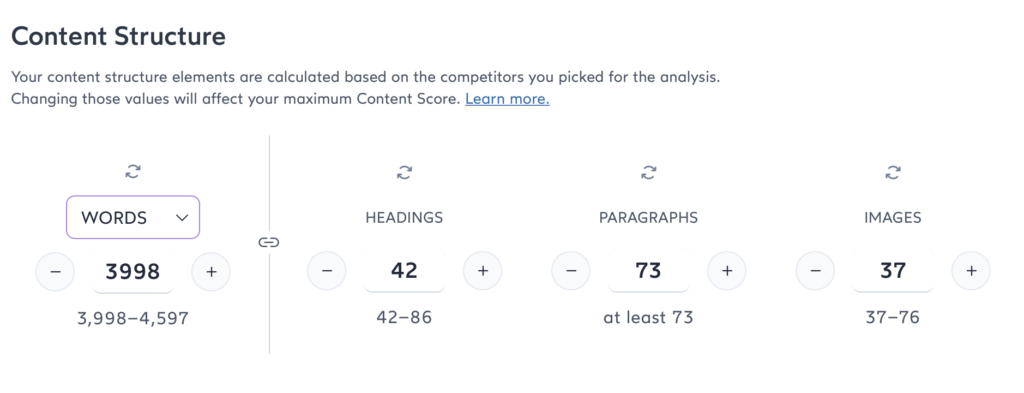
Such sites must now focus on adding only relevant content that’s beneficial to the users who are thinking about buying it.
For example, a category page for men’s jeans doesn’t require 1000 words of content about the history of jeans and how to wear jeans. Instead, if the content is about the features offered by the specific brand, and the different styles to choose from, such content adds real value and satisfies the user’s intent.
E.A.T
Until now, Expertise, Authoritativeness and Trustworthiness were associated only with YMYL websites. But with the Helpful Content Update, Google might extend the ambit of E.A.T to all niches.
According to Google, only a website/person with “real expertise” will be able to provide the value users are looking for.
That means if you are a website owner, ensure that your brand has enough online presence to prove your expertise. Google has been fast moving towards entity recognition through which it can sum up the expertise of a brand in a particular field.
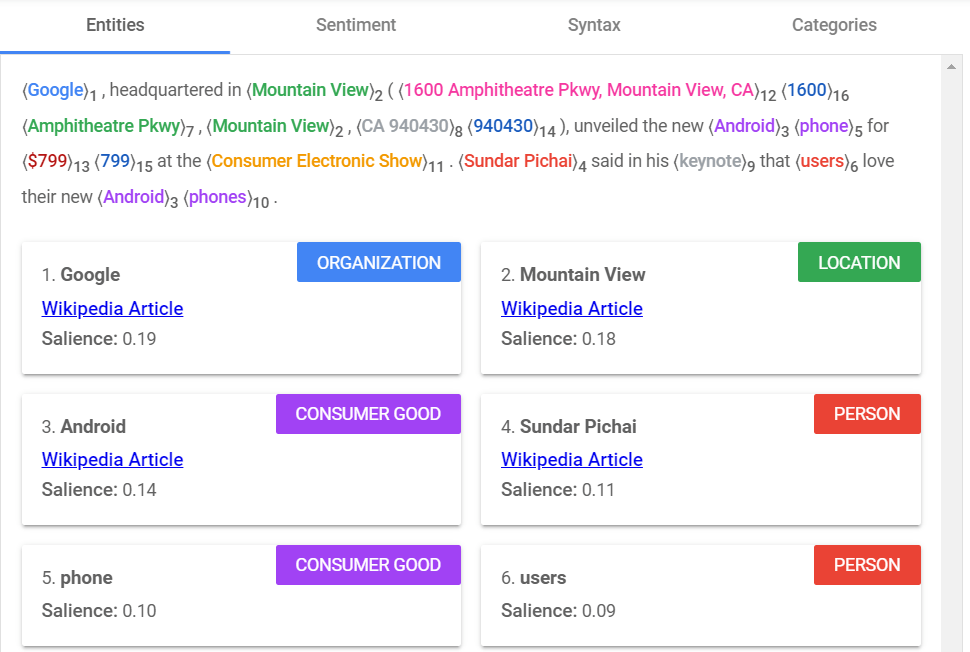
And if you are a blogger, writer or publisher, showcase your expertise in the niche you handle. For example, adding an author bio that briefly describes your expertise would be the easiest way to do this.
For Google, it’s pretty easy to check if the author has the expertise. We know they used to do that back in 2013.
Google to Shun Speculative Content
Websites that publish a lot of speculative content might also experience a drop in traffic and rankings after the Helpful Content Update.
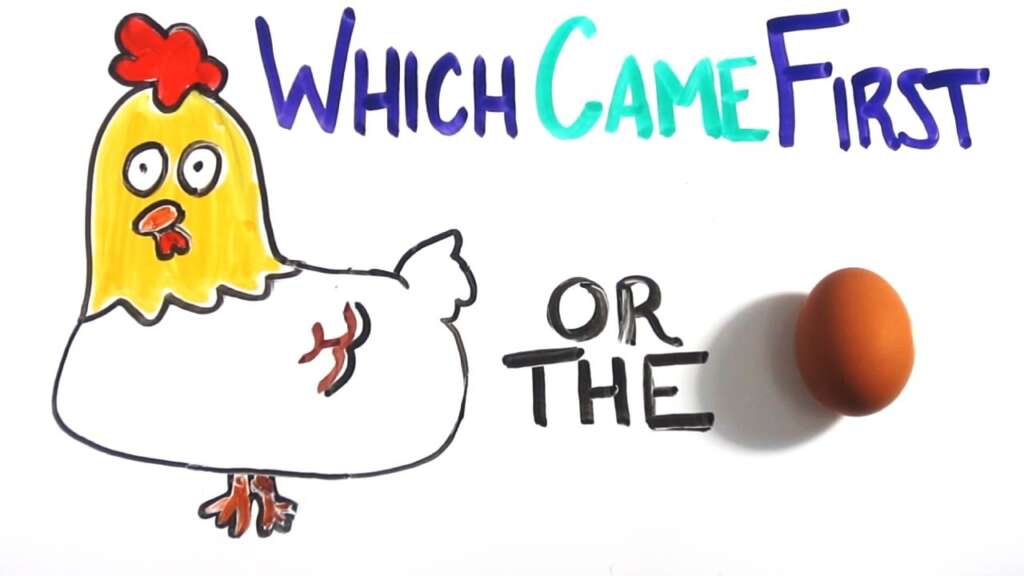
The best example that Google gives for such content is sites that suggest release dates of products, movies and TV shows.
In fact, we have come across multiple such websites, and I have personally seen many tech websites speculating about the release date of iPhones, softwares etc.
This is very true with some of the entertainment websites that predict the release date of movies, TV shows and sometimes even actors’ personal lives.
Creating content that promises to answer a question that doesn’t have answers is something that can misguide the users, and with the Helpful Content Update, Google will crack down on such websites.
Helpful Content Update Feedback Form
Following the rollout of its Helpful Content Update, Google has come up with a feedback form for webmasters and SEOs to submit their feedback.
Using this form, you can submit to Google the URLs of web pages you think shouldn’t have been affected by the Helpful Content Update.
While the search engine giant doesn’t guarantee direct actions based on these URL submissions, it is likely that Google will use the feedback to improve the quality of search results, which is its main focus at all times.
Google’s John Mueller took to the Google Webmaster Help forum to confirm that the update is “part of a broader effort to ensure people see more original, helpful content written by people, for people, in search results.”
Plus, he also spreads the word about the feedback form.
So, if you have to communicate with Google regarding the Helpful Content Update, this feedback form is a fair chance. Go for it.
Google’s Response to Why the Helpful Content Update is Quiet
After about a week since the launch of Google’s Helpful Content Update, there’s now this chatter across the SEO community that the update is quiet and doesn’t trigger major changes.
Consequently, Google responds to it and that heats up the talk. Google’s Danny Sullivan addresses this issue on a Twitter thread.
Update isn’t done. It’s also part of a continuing effort, as we’ve explained. We’ll keep refining how it works. Directionally, the guidance we’ve given is what SEOs and creators should be considering.
— Danny Sullivan (@dannysullivan) August 31, 2022
Sullivan claims that this update is a continuing effort and that websites featuring good content should be doing fine.
He explains that people who are facing issues with their content after the update are less likely to record their feedback,
In a chain of tweets, Sullivan also pinpoints that updates don’t always mean a massive shift.
That said, if you are one of those who expected that the Helpful Content Update would hit stronger and faster, you may be taken aback.
However, it’s been just a week and it may still be too early to jump to conclusions. Let’s wait and see what more the Helpful Content Update has in store for each one of us.
Frequently Asked Questions (FAQ)
When will Google launch the Helpful Content Update?
Google is expected to commence the rollout of the update anytime this week.
How long will it take for the rollout to complete?
Since helpful content is a new signal, Google says it will take upto two weeks for the rollout to complete.
Will it have a sitewide impact?
Yes. Google has confirmed that a site that publishes extensive low-quality content will see an overall drop in search visibility.
Is this signal going to be part of Google’s core algorithm?
Yes. Like Penguin and Panda, the Helpful Content signal will also be part of the core update, which means Google’s systems can automatically identify the content of little value and low-added value during the crawling and indexing process.
Will the update have an immediate impact?
The official announcement from Google says the update’s impact will be felt over a few months. This could indicate that Google may wait for the classification until all the pages on a website are reassessed using the new signal.
Should you delete unhelpful content?
Yes. Google recommends deleting all low-quality content on the website to avoid the impact of the Helpful Content Update. So, if you see a significant drop in search visibility after the rollout, try removing unhelpful content. This will help the high-quality content on your website to rank better.
What if you decide not to make changes to the unhelpful content?
Google says its content classifiers will continuously visit pages, and if they fail to see a marked improvement in the content, the page’s status will remain unhelpful. This means the website will continue to receive little search visibility.
Is the Helpful Content Update going to be a manual action?
No. Unlike a manual action, the helpful content classifier is a ranking signal within Google’s algorithm, and the classification process is entirely automated through machine learning.
Can other quality signals help you to rank?
Yes. Google has confirmed that if a website classified as unhelpful has really useful people-centric content with additional ranking signals supporting it to prove relevance, it can still rank on Google search for relevant search queries.
Comments
